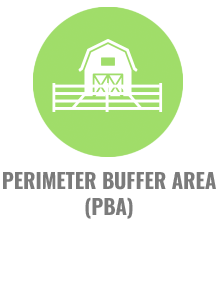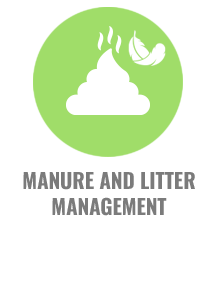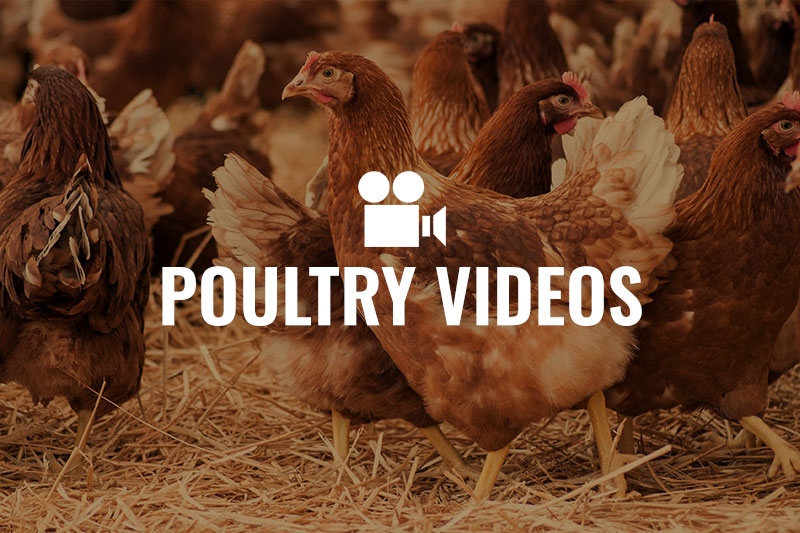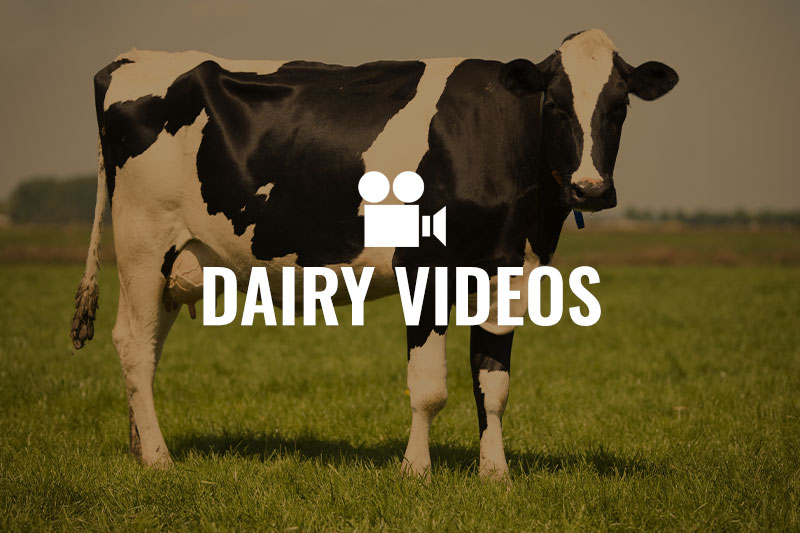Water Supply
Introduction
This section will guide you through:
- Define the different types of water that may be used on the farm premises (ground/well, surface, municipal)
- Recognize the risks associated with water from different sources
Water Supply
Water used for drinking or cleaning and disinfection can be a source of contamination. Biosecurity practices to prevent or mitigate this potential source of contamination are an important component of biosecurity.
Requirements:
- It is recommended that drinking water or water used for evaporative cooling be sourced from a contained supply such as a well or municipal system.
- If drinking water comes from a surface water source, water treatment must be used to reduce the level of disease agents.
- If surfaces have been cleaned or flushed with surface water, subsequent disinfection should be employed to prevent disease transmission.
- If water treatment is not possible, a risk analysis should be performed to determine actions needed to mitigate risks.
Source of drinking water:
![]() Well
Well
![]() Municipal
Municipal
![]() Surface
Surface
If surface water is utilized for drinking water, is it treated to reduce pathogens prior to use?
If “Yes”, describe the water treatment:
Because all water used on the farm, whether it is used for drinking, cleaning or cooling is sourced from the farm’s closed-system, on-site ag well, no water treatment or disinfection is necessary. As part of the farm’s food safety HACCP plan our well water is tested yearly for contaminants and indicator bacteria.
Does your Premises use an evaporative cooler system?
Because all water used on the farm, whether it is used for drinking, cleaning or cooling is sourced from the farm’s closed-system, on-site ag well, no water treatment or disinfection is necessary. As part of the farm’s food safety HACCP plan our well water is tested yearly for contaminants and indicator bacteria.
Does your Premises use an evaporative cooler system?
![]() Yes
Yes
![]() No
No
Source of drinking water:
![]() Well
Well
![]() Municipal
Municipal
![]() Surface
Surface
![]() Not Applicable
Not Applicable
Describe the evaporative cooler system if applicable:
Most of the farm’s houses use plastic evaporative cooling pads which distribute well water at the top of the pad and collect unevaporated tail water at the bottom for recycling.
If surface water is utilized for the evaporative cooler system, is it treated to reduce pathogens prior to use?
![]() Yes
Yes
![]() No
No
![]() Not Applicable
Not Applicable
If “Yes”, describe the treatment:
Not Applicable
Are surfaces cleaned or flushed with surface water?
![]() Yes
Yes
![]() No
No
![]() Not Applicable
Not Applicable
If “Yes”, describe the procedure (SOP):
Not Applicable
If surfaces are cleaned or flushed with surface water, is subsequent disinfection employed to prevent disease transmission?
![]() Yes
Yes
![]() No
No
![]() Not Applicable
Not Applicable
If “Yes”, describe the disinfection process, type of disinfectant used, and type(s) of PPE used:
Not Applicable
If surfaces that are cleaned or flushed with surface water cannot be disinfected, explain why:
Not Applicable
If surfaces that are cleaned or flushed with surface water cannot be disinfected, has a risk analysis performed to determine actions to mitigate risk? Yes No N/A
Not Applicable
If “Yes”, describe mitigation steps used to reduce risk:
Not Applicable
Training Materials Goes Here!
Groundwater
Water that is stored in the earth, deep beneath the ground in aquifers. Aquifers are the collective saturated spaces between many layers of sands, soils, and gravel, or the interconnected cracks in bedrock or volcanic rock. Groundwater is reached through wells and pumps. Because groundwater is filtered through many layers as it percolates down to the aquifers, it tends to be clean and relatively free from pathogens. Groundwater is likely to be safe for use as a drinking water source or for use with evaporative cooling systems.
Surface Water
Water that is found on the surface of the Earth in rivers, lakes, ice, snow packs, reservoirs, irrigation canals, and the like. Surface water is at highest risk of being contaminated by pathogens, chemicals, or other pollutants from the environment. There may be water treatment requirements that must be followed if surface water is to be used for drinking or evaporative cooling on a farm premises.
Municipal Water
Water provided by a “public water system” that is for the purpose of human consumption (drinking, bathing/showering, handwashing, oral hygiene, cooking, preparing food, and washing dishes). Public water systems include water collection, treatment, storage, and distribution facilities. Municipal water is safe for use as drinking water and in evaporative cooling systems on farms.
Evaporative Cooling
A form of air conditioning that is often used in confinement farming (poultry, swine, dairy) that uses evaporation to cool the air. In an evaporative cooling system, a pump circulates water from the sump onto an evaporative cooling pad, which is doused completely with water.




